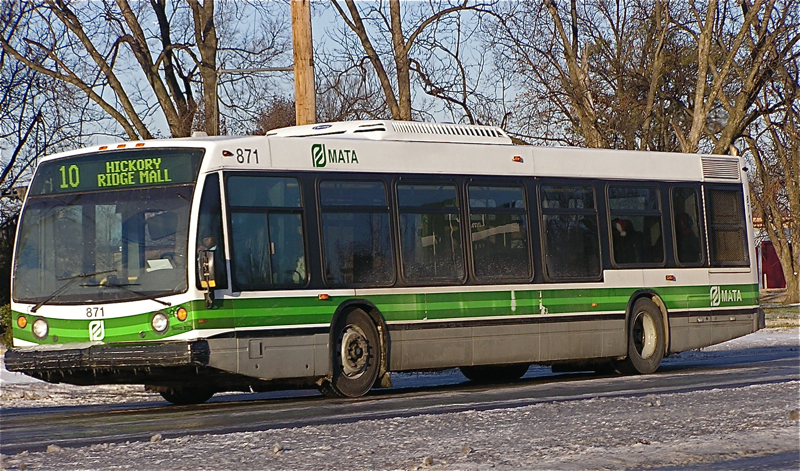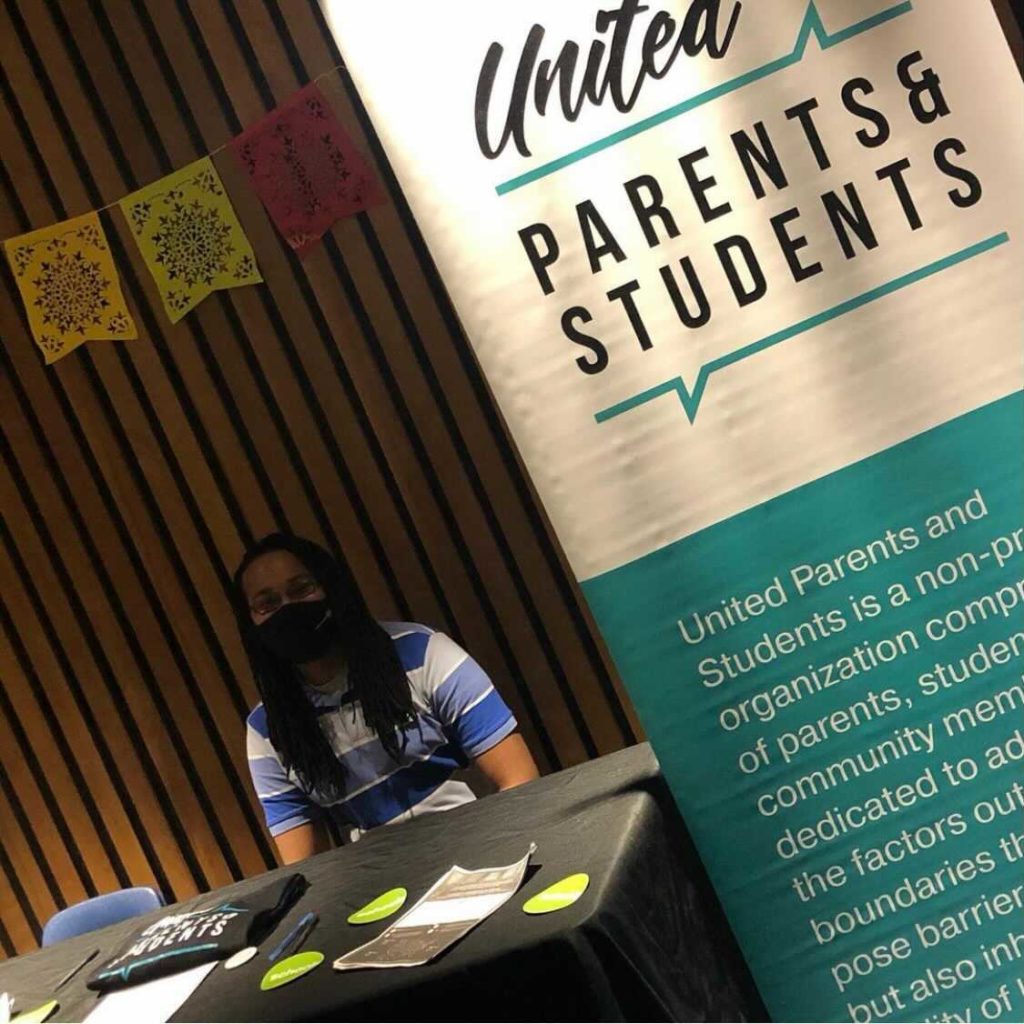Memphis Families Advocate for Public Transportation Improvements

At Green Dot, families have always been key partners in our work to transform public education. Our partnership with United Parents and Students (UPAS) has helped our parents amplify their power and demand meaningful and lasting change in their neighborhoods. UPAS has deepened their efforts in Memphis, working with community members, local leaders, and Green Dot families to identify and address the factors outside of school boundaries that not only pose barriers to learning, but also inhibit local quality of life.
Last year, UPAS conducted over 200 meetings with public officials, local organizations and community members in Memphis. Through their organizing efforts, UPAS worked with residents to address major obstacles they shared-- mobility and public transportation. Green Dot families and residents cited several issues with the Memphis Area Transit Authority (MATA) including: unreliable schedules, reduced routes, extended wait times, outdated vehicles, and in some neighborhoods public transportation services shut down as early as 6pm. Collectively these factors have exacerbated existing health, social, and economic disparities.
Access to transportation is a critical component of social mobility, especially for the hundreds of thousands of Memphis residents who rely on public transportation services to access employment, education, food and other resources. In a 2012 report, the Brookings Institution reported that of the available jobs in Memphis, only 26 percent were reachable via public transportation in less than 90 minutes. The study also found that 80% of public transit users have no other forms of transportation.

“In our communities many residents must rely on a public transit system that is often late, making commute times unbearable, thus affecting work performance, time spent with family, and attention to home life,” said Kevin Armstrong, Regional Coordinator of Organizing at UPAS. “Access to quality food options is also a critical issue as many of the citizens who utilize public transportation live in communities that are considered food deserts.”
To help families and residents harness their collective voices and address the transportation issues adversely impacting their lives, UPAS joined efforts with Stand for Children, a national non-profit advocacy organization. Armstrong has worked with Paul Garner, an Outreach Coordinator at Stand For Children and long-time proponent of public transportation improvement in Memphis. In 2012, Garner spoke out about the state of the transit system in Memphis saying: “Since 2009 MATA has raised fares twice, and reduced bus service three times in 2011 alone. Considering that 40 percent of Memphians need access to public transit and nearly 25 percent of Memphis live beneath the poverty line, it is unconscionable, to combine fare increases with reduced routes and times.”
Garner previously worked for Mid-South Peace and Justice Center where he supported the formation of the Memphis Bus Riders Union. “Through that coalition, they were able to find supplemental funding in the city budget for MATA,” said Armstrong. “Paul has the inside knowledge to connect the families of UPAS with the stakeholders and lawmakers responsible for funding, operating, and improving MATA.” In the coming year, the groups plan to continue their organizing efforts and demand change from elected officials and the MATA administration.
"In a 2012 report, the Brookings Institution reported that of the available jobs in Memphis, only 26 percent were reachable via public transportation in less than 90 minutes."
With support, training, outreach, and traditional methods of grassroots campaigning, our families are advocating for investments in public transportation in their city, they are demanding additional routes, updated buses, and reliable schedules. UPAS plans to continue their organizing efforts and amplify their demands for significant changes from elected officials and the MATA administration. Through this work, our students and families are exercising their power and leveraging their voices to hold elected officials accountable. “By assisting and training a cohort of residents who are directly affected by MATA, the plea to invest in the transit system becomes more real,” said Armstrong. “When you can put a face to a complaint, the problem then becomes personable.”
Green Dot has always believed in the potential and power of those we serve. It’s why we’ve made investments in programs and opportunities to help families develop the tools necessary to advocate for themselves and their communities. Through our collaboration with partners like UPAS, we’re helping our communities address the economic, housing, health, and safety issues that have a lasting impact on their lives.
